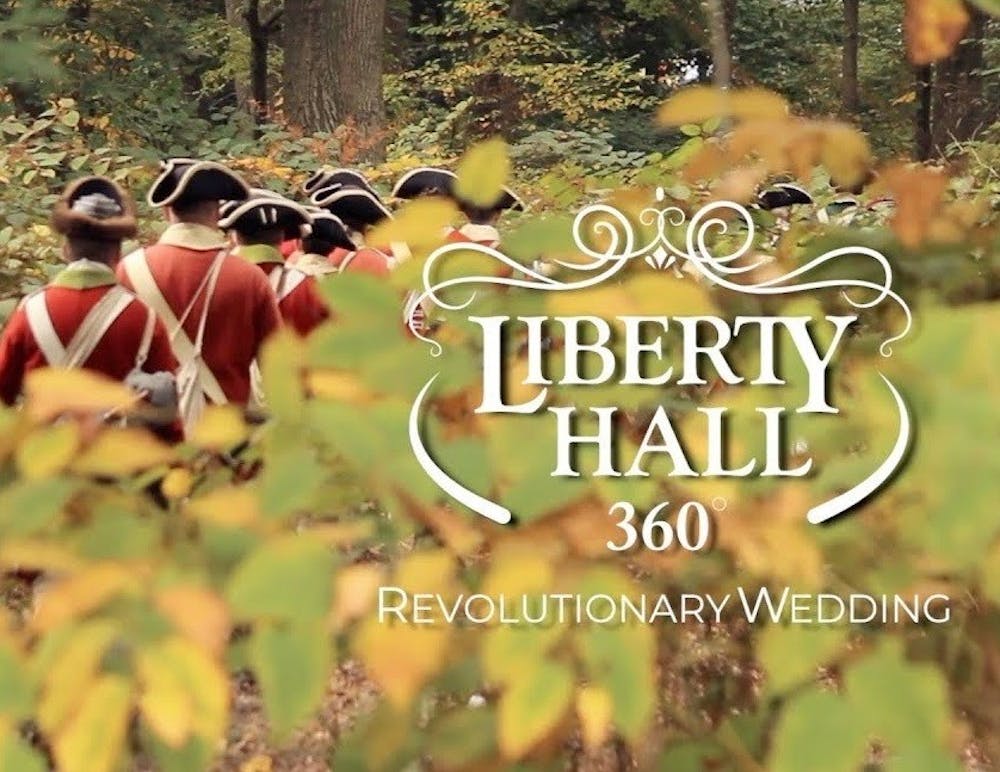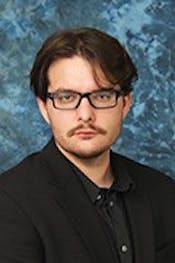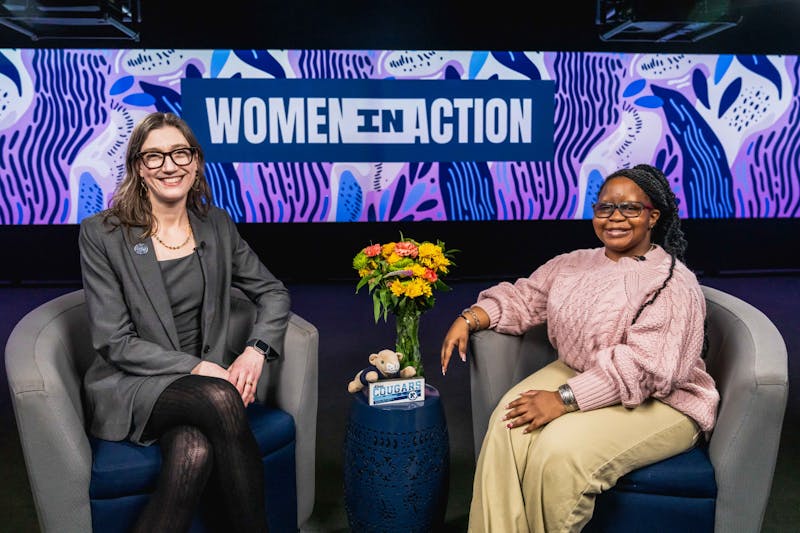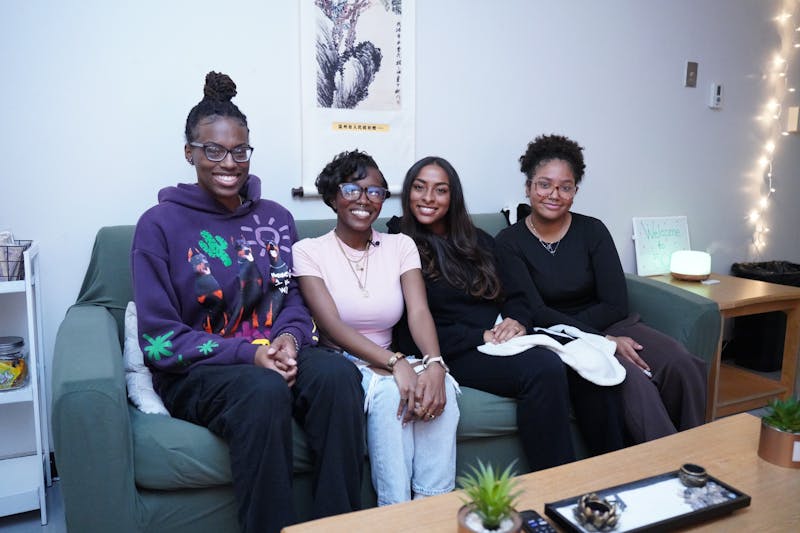On Tuesday, Feb. 25, a team of current and former Kean University students and faculty were nominated for The 63rd Annual New York Emmy Awards. Their innovative short film, "Liberty Hall 360: Revolutionary Wedding," recreates events of colonial Elizabethtown in interactive VR at the Liberty Hall Museum.
The team was composed of writers, directors, producers, actors, designers and others whose expertise ranged from special effects to history. They worked painstakingly to illustrate a detailed view of colonial society during the wedding of John Jay, who would become the first post-colonial Chief Justice of the United States and the second governor of New York, and Sarah Livingston, daughter of William Livingston, the first post-colonial governor of New Jersey.
Liberty Hall isn't just an appropriate setting for the period, but the real former home of the Livingstons, who built it in 1772. The historic Liberty Hall Museum at Kean University is a place where visitors can experience life as it was through generations of the Kean and Livingston families. There they can learn about their struggles and accomplishments. Members of the Kean and Livingston families have become congressmen, senators and businessmen. Most notably, William Livingston, the first elected governor of New Jersey, was a resident of Liberty Hall.
Using first-person VR, the audience is walked through scenes from the perspective of "Lucius," a child in attendance.
The film (and its success) is a testament to New Jersey history, and the studies of language and filmmaking. The details in everything from dialogue to costuming, and contributions to the interactive virtual reality from the Michael Graves College Robert Busch School of Design, make the film more than informative or exciting - it's uniquely immersive.
During each shot, viewers experience every dimension of each conversation: by rotating their screen view, one might pass a group of guests making toasts, while others privately debate politics; or catch the bride and confidants preparing her gown, and her father and groomsmen joking about the groom while sipping brandy - all gossiping throughout. The film is as much a cultural study as it is a historical document, exploring the characteristics of women and men of the time, particularly in aristocratic society.
It cannot be said enough how effective the setting is throughout the immersive film. Liberty Hall, the real setting of the events, provides a rare opportunity to explore a period piece on a practical set. The storytelling is rendered completely realistic, the characters completely honest. The film reminds of a layered context: British-American citizens navigating the complicated, dangerous backdrop of the burgeoning United States, some figures sympathetic to the English crown, others passionate advocates of liberty - all trying to keep peace through the charming wedding ceremony.
When guests request tea, William Livingston insists, "Coffee will do. And if it will not, you can direct them to the horse trough outside! They'll find no tea in this house!" His boycott of English trade is met by a resounding "Huzzah!" from some of the guests.
The Liberty Hall Museum serves as a historical monument and archive all at once. It provides the Kean community that surrounds it with a constant reminder of the powerful history of the area - history that defined and shaped the whole future of the United States. The film aims to do that, too.
It can be viewed in ultra-widescreen HD and 360 VR on its webpage at the Michael Graves College website, along with the full list of cast and crew, and behind-the-scenes footage. It can also be viewed in ultra-widescreen HD on YouTube.
"Liberty Hall 360: Revolutionary Wedding" will compete with six other entries in the "Nostalgia Program" category for this year's New York Emmy Awards. The awards presentation wil be made online via NYEmmys.org Saturday, April 25 at 7 p.m. Additionally, the awards presentation will be streamed on Facebook live on their page @NYEmmyAwards.







